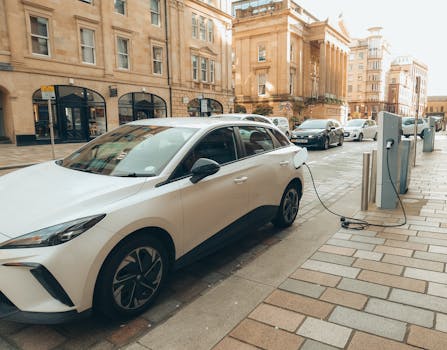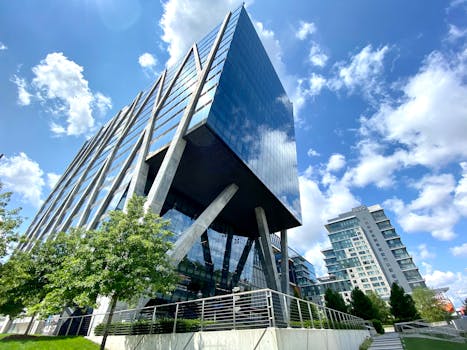
Smart Cities: Urban Trends for 2025
Smart Cities: Urban Trends for 2025 are transforming the way we live and interact with our surroundings. As the world becomes increasingly urbanized, cities are faced with the challenge of providing sustainable, efficient, and livable environments for their citizens. In this article, we will explore the latest urban trends shaping the future of smart cities in 2025.
Introduction to Smart Cities

A smart city is an urban area that uses information and communication technology (ICT) to enhance the quality of life for its citizens. This can include everything from smart energy grids and transportation systems to public safety and waste management. The goal of a smart city is to create a sustainable, efficient, and livable environment that benefits all members of the community.
Urban Trends for 2025

So, what can we expect from smart cities in 2025? Here are some of the top urban trends that will shape the future of our cities:
- Sustainable Infrastructure: Cities will focus on developing sustainable infrastructure, including green buildings, renewable energy sources, and efficient transportation systems.
- Internet of Things (IoT): The IoT will play a major role in smart cities, with connected devices and sensors monitoring and managing everything from traffic flow to energy usage.
- Artificial Intelligence (AI): AI will be used to analyze data and make decisions in real-time, improving the efficiency and effectiveness of city services.
- Electric Vehicles: Electric vehicles will become increasingly popular, reducing emissions and improving air quality in urban areas.
- Smart Grids: Smart grids will optimize energy distribution and consumption, reducing waste and improving the overall efficiency of the energy system.
Benefits of Smart Cities

The benefits of smart cities are numerous, including:
- Improved Quality of Life: Smart cities can improve the quality of life for citizens by providing better public services, reducing congestion and pollution, and enhancing public safety.
- Increased Efficiency: Smart cities can optimize energy usage, reduce waste, and improve the overall efficiency of city operations.
- Enhanced Sustainability: Smart cities can reduce their environmental impact by using renewable energy sources, reducing emissions, and promoting sustainable practices.
- Economic Growth: Smart cities can attract businesses and talent, driving economic growth and development.
Challenges and Opportunities

While smart cities offer many benefits, there are also challenges and opportunities that must be addressed. These include:
- Cybersecurity: Smart cities must prioritize cybersecurity to protect against data breaches and other cyber threats.
- Data Management: Smart cities must develop effective data management strategies to handle the vast amounts of data generated by connected devices and sensors.
- Public Engagement: Smart cities must engage with citizens and stakeholders to ensure that their needs and concerns are addressed.
- Equity and Inclusion: Smart cities must ensure that all members of the community have access to the benefits and opportunities provided by smart city technologies.
Conclusion

In conclusion, smart cities are the future of urban development, and 2025 will be a critical year for the growth and development of these cities. By understanding the latest urban trends and the benefits and challenges of smart cities, we can work together to create sustainable, efficient, and livable environments for all citizens.





